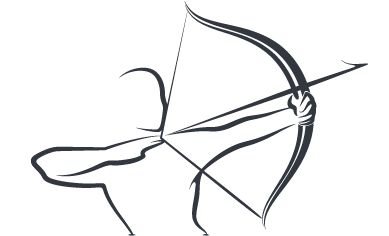Language is for sure a conspiracy between two people. It is also a medium that evolves with the people and their participation. It gets life when we want to share experiences through language. The lack of experiences or the urge not to speak and share leads to the existence of weak Language Skills in English.
The Child’s Language and The Teacher (Book) by Krishna Kumar has something very interesting as well as worth possessing. “Children's use of language is closely related to the things they do with their hands and bodies and the objects they come in contact with. Words and action go together in childhood. Actions and experiences create the need for words, and words provide access to an experience after it is over.”
It is added: “Children talk about things to show their knowledge of ‘how’ a thing happened. For example, if you ask a child of three how it rained, the child will probably tell you that the sky was covered with grey clouds, then little drops began to fall, and then it rained hard, so hard that you could not see anything. In this example, by narrating the sequence of events, the child is explaining how a major event occurred. Stories are born out of this use of language…What they represent is our desire to interpret life.
If you don’t have that desire, expect less of language learning.
I did a diploma course in the Urdu Language from the National Council for Promotion of Urdu Language. It happened long back in the years 2000-2003.
The language was of course not my native language and I had to learn from scratch. Along with my mentor, we started from the alphabet, moving a pencil on the dotted letters, and then moved on to translate the Urdu poetry and prose as assignments. The course got me a certificate but I left the use practice of the language. Apart from speaking, I departed from the language. It resulted in the loss of language skills and now I am not able to practice the same even though I possess a Diploma in the Urdu Language.
The solution you can suggest is that I should start re-learning the language. It brings me back to our topic of discussion whether a second language can be learned the way you have been learning English.
Urdu for me was a subject, to accept the truth, it could not become my language of literacy because I did not do so. With English, you have been doing the same thing. Live in the language through:
- Curiosity
- Communication
- Collaboration
- Corrections
- Consistency
English is something we encounter each day and this makes the scenario different. A rich amount of experience empowered with a desire to express is the way we can really learn and speak in English.







